Program Director of International Business and Politics: “I fully understand that our students are not getting a ‘normal’ university experience”
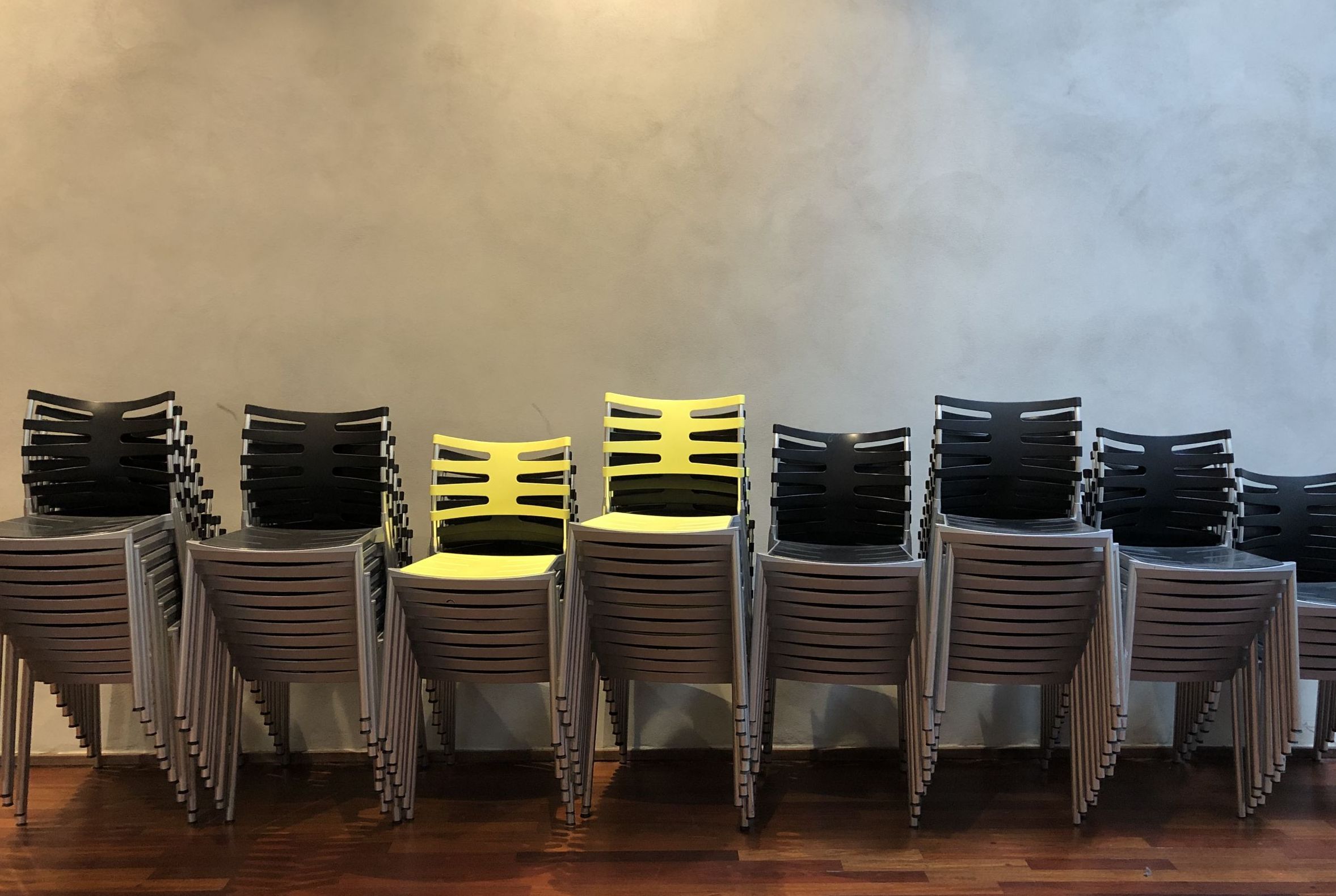
(Photo: Mette Koors)
Edward Ashbee answers questions concerning his first-year students’ frustrations at not receiving more than an average of one on-campus lecture a week since September.
Two first-year students from the IBP program, Anna Selma Wentzer and Signe Helms, expected about 50 percent of their teaching activities would take place on campus this semester. In fact, about one lecture has been delivered on campus a week since September, and the limited number of hours spent together with their classmates is taking its toll.
“I’ve considered dropping out several times, although what I’m studying truly interests me,” says Signe Helms.
Anna Selma Wentzer has shared the same thoughts as Signe Helms, but has also decided to stay.
“If I had known beforehand that the semester would be based on so much online teaching, I would have just stayed home in Randers, where I’m from, and done my courses from there. It would also have saved me a lot of money.”
On November 4, Signe Helms’ opinion piece on the situation was published in the Danish newspaper Information. Seventy-three of Signe Helms’ 120 classmates have subsequently expressed their support for the message in the piece entitled: ‘CBS student: We barely know our fellow students, as we have only had online teaching’.
CBS WIRE has approached Edward Ashbee, Professor and Program Director of the BSc in International Business and Politics program, for a response to the students’ situation and potential remedies, and has also asked him to consider solutions suggested by the students.
Edward Ashbee has agreed to answer some of CBS WIRE’s questions provided the answers are printed in full. You can read Edward Ashbee’s answers below.

I should say at the outset that all this is incredibly difficult and I fully understand that our students are not getting a “normal” university experience or indeed anything like it this semester. On top of that, I know there was disappointment that there weren’t all the usual events for new students at the end of August. And we have no idea what next year will bring. As I write, there are hopes for a vaccine but to coin a phrase “who knows”.
Has the first-year students’ situation been discussed by the Study Board?
That’s a surprising question. The Study Board has discussed COVID-related issues at every meeting from March onwards. Please remember that study boards consist of elected student representatives and academic staff. If any student is concerned that issues haven’t secured attention, then she or he should immediately contact a student representative. I think it’s fair to say that the staff members of the Board have responded positively and constructively to every practical suggestion put forward by student representatives and thrown in a fair number of ideas of their own.
On top of that, there have been almost daily discussions between myself, the student Vice-Chair, and the Programme Manager. I have also made regular representations to, and had discussions with, the Dean of Education and his staff.
Please also remember that nearly everything discussed at any study board meetings is done on an “open door” basis. I would encourage visitors (all meetings are currently online).
Can the Study Board in any way do something to help the students? Can the teachers?
We try to do everything we can but please remember that students want very different kinds of help. I have certainly had mails over the past few months wanting much more (or in some cases 100%) campus teaching. However, I have also had mails asking for distancing guidelines to be properly respected in CBS buildings, calling for the groups that form just outside doors to be dispersed, complaining about the lack of provision for those stuck abroad, telling me to remember those with long-term health conditions who are fearful of other students, protesting against the various Autumn semester student parties, wanting sit-in exams to be scrapped because of the obvious hazards and some strongly opposing the suspension of sit-in exams. There was also a call to remember those in other time zones when planning the teaching. That list is just from memory. I know there are lots of other issues that I haven’t mentioned here. And nearly all of these are reasonable pleas.
Nonetheless, you will appreciate that neither I nor the Study Board have the lawful ability or capacity to provide help in many of these cases. And in some instances there are directly conflicting demands.
Let me, however, outline what has been done in terms of practical provisions. Despite the uncertainties of the pandemic, the IBP Study Board anticipated some of the challenges that might arise. We took on instructors to work with the first-year students to provide back-up and help ensure that self-study groups formed and were maintained. We also added to teaching hours and increased the number of exercise classes while at the same time breaking up many of the workshops into separate classes so that individual students had the opportunity to secure greater attention. There has been far more feedback provision than ever before. I started a daily bulletin on Canvas for all our students when the lockdown began in March but, I have to admit, it was very difficult to sustain. Our student vice-chair has however done an absolutely magnificent job in liaising with individual course representatives (called quality board members on other programmes) and ensuring that the day-to-day issues that arose were recognized and addressed.
I have, furthermore, offered to meet with students in groups for a walk around Frederiksberg Have so as to discuss either academic or social issues. I have, however, asked that they wear masks and maintain a two-metre distance. I have had zero takers to date but I am always open to invitations.
I readily accept that these initiatives are insufficient. Indeed, because year-on-year comparisons aren’t visible, I don’t think they have even been noticed. For many, online teaching, whether live or pre-recorded, will always be second-best or just plain unacceptable. Nonetheless, personnel policy is decided by senior management and not by study boards. We have no legal powers of direction (instruktionsbeføjelse). Study boards were simply asked on May 1st 2020 to ensure that at least 50% of the Autumn teaching was online and that there were limits on class sizes. Beyond that, under existing CBS policy, teaching staff decided for themselves whether to teach online or on campus. Because of these legal and regulatory considerations there is no – and can be no – Study Board “plan” as to who teaches online or on campus. We were not, and are not, in a position to make choices.
I fully respect such staff decisions. How could I do otherwise given that I have been signed off by my doctor and teach online myself. Indeed, in some cases, I am anxious that staff colleagues who are in elevated risk groups feel under pressure and are therefore ready to take undue risks with their health and safety. In my view, someone should reach out and engage in dialogue with them. Nonetheless I understand the frustrations of some students.
When reaching out to Edward Ashbee, CBS WIRE forwarded two proposed solutions to the students’ plight. Anna Selma Wentzer suggested that the class could be split in three, so that one third would meet on campus for teaching, while two thirds watch the class online.
Another suggestion was to let teachers give lectures from home, while it they are live-streamed to an auditorium where half of the students could be present.
Are the potential alternative teaching methods proposed by the students possible? What would it take?
All ideas are incredibly welcome. These particular ideas raise issues that go far beyond the capacities of a single programme and should therefore be addressed to those with overall responsibility for CBS teaching provision. I can, however, make a few personal observations.
First you suggest that there could be campus teaching for just a third of the students and then the session would be live-streamed to the others. This idea is obviously dependent on staff being ready to teach in-person. My response – if staff want to offer livestream sessions (and some already have) then absolutely great, although I strongly suspect that colleagues would value technical assistance.
There may well be some challenges if one just sets up a webcam and mic. In past years, there have been numerous complaints about live-streaming because the lecturer is not visible (she or he has moved around the room. I have been particularly guilty of that) and that comments / questions from participants cannot be heard online. In other words, it makes interactive teaching difficult. Some students therefore prefer a straightforward online session using Teams or Zoom because you can be sure of seeing and hearing everything.
Nonetheless, although here are always budget constraints, CBS should certainly consider installing professional livestreaming facilities in many of the teaching rooms at the earliest opportunity.
Second, you suggest that students should sit together in an auditorium whilst a lecture is live-streamed to them. You mean, I think, auditoria because – and again it’s those COVID regulations – if it’s a year-group, it will currently require simultaneous transmission to two lecture theatres.
So far as I am personally concerned, that’s fine. But this is a CBS-wide issue way beyond my limited powers and something that CBS Students should consider pursuing with senior management. I really do not know if CBS can accommodate these dual lecture theatre arrangements or not. We need to think about safety issues as we can’t have students tripping over each other so as to reach a microphone. You will require technicians or assistants to be on stand-by. There would probably also need to be COVID monitors to remind participants to respect distancing guidelines.
With luck, all this can be done. Nonetheless, I obviously can’t organise it myself and it will require action by those way above my pay grade but if there is sufficient demand, it would be great if CBS could put such a system into effect.
CBS WIRE acknowledged in the email that there are possibly many more teaching formats than the two proposed, and asked Edward Ashbee what the teachers have done to seek out new ways of teaching, now that the students have almost nothing but online teaching. Although he chose not to respond to this question, he concluded his reply with a final remark.
We have now had – as of today – 155 cases amongst students and staff. In my view, we should take safety as a starting point and on that basis hold a collective conversation involving both staff and students about the ways in which we can all help make CBS a much safer and more inclusive space.



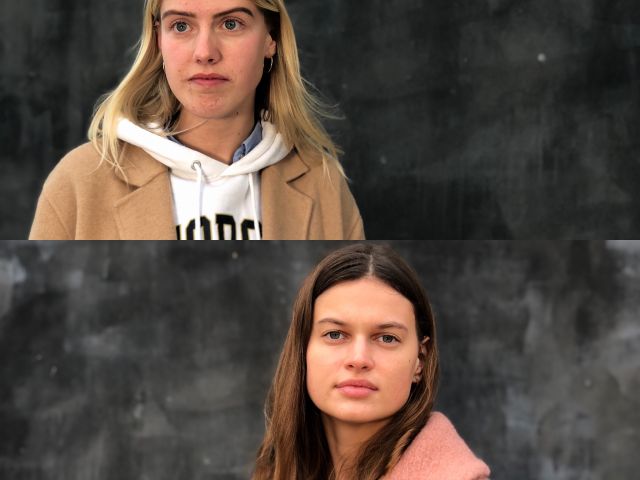
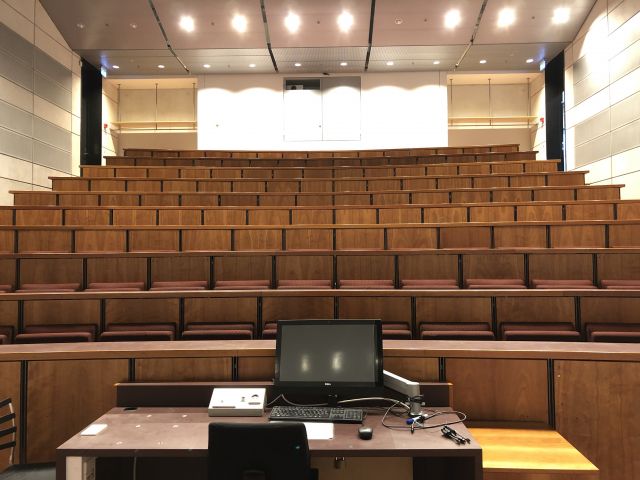
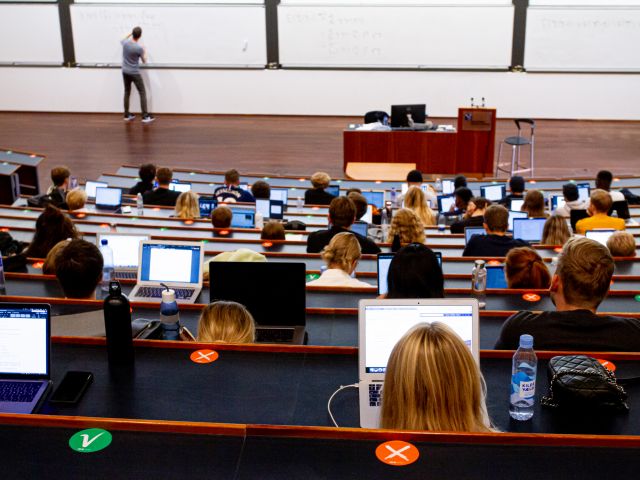

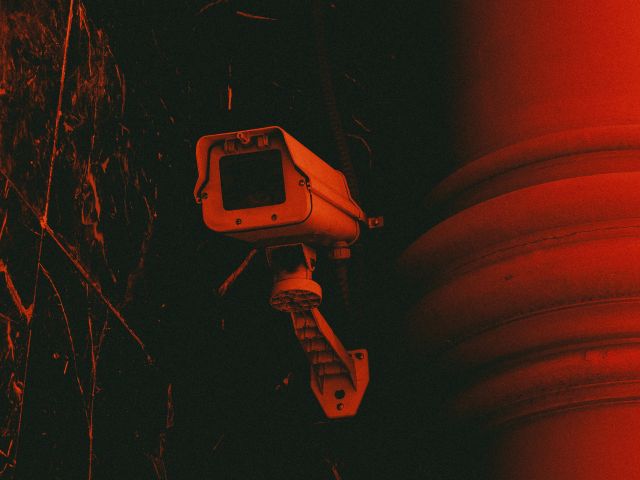






























































































































Comments